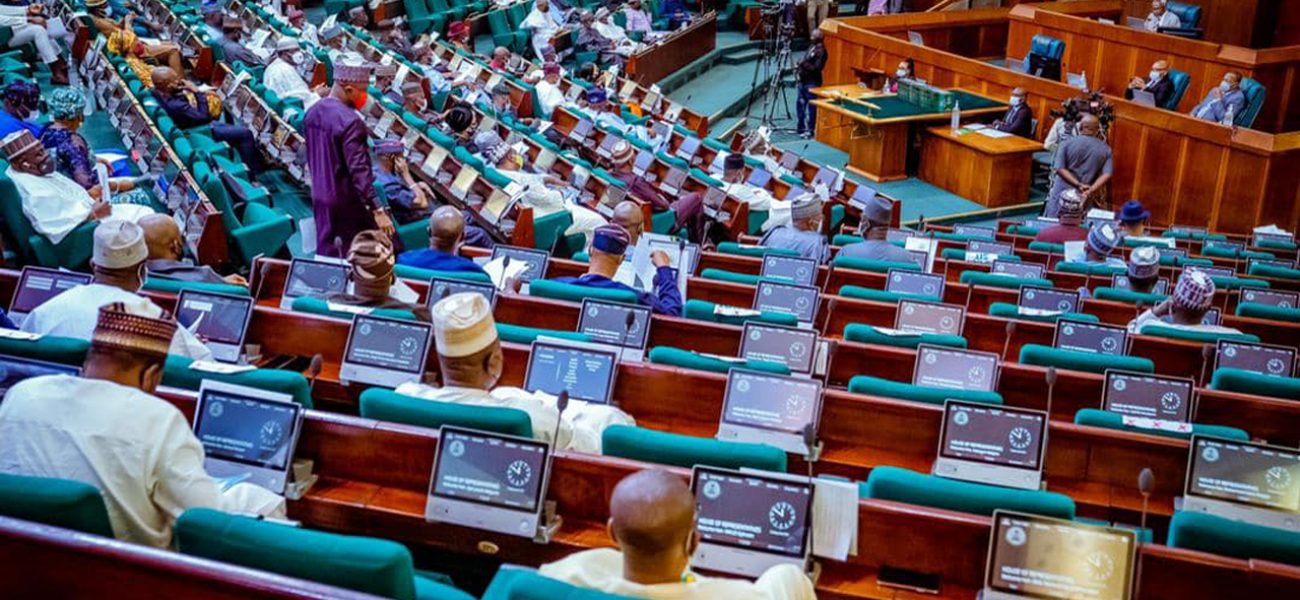With just about nine months to political party primaries for Nigeria’s 2027 general elections, the National Assembly is now in a race against time to pass a new Electoral Act that will guide the process. The Senate and House of Representatives Committees on Electoral Matters have opted to draft an entirely new Act rather than amend the existing one, which was only passed into law in 2022.
This decision, welcomed by experts in the field, is aimed at reducing the constant amendments to the electoral legal framework that often create confusion among judges, practitioners, and stakeholders in interpreting and applying electoral law. Since the inauguration of the 10th Assembly, both Committees have worked jointly to arrive at this position. Early on, they set up a technical team of experts to review the 2022 Act alongside recommendations from election observer groups such as the Nigeria Civil Society Situation Room, Policy and Legal Advocacy Centre (PLAC), and the European Union Election Observation Mission, among others. The Committees agreed that the positive aspects of the current Act should be retained, while incorporating additional useful proposals from INEC, civil society, observer groups, and other stakeholders to further strengthen the law.
The Committees have since produced a draft Electoral Act (Amendment) Bill, 2025, which they plan to release to the public ahead of a national public hearing in October. In furtherance of this, the House of Representatives introduced the bill, which was taken for first reading on May 15, 2024, and passed for second reading on July 23, 2025. It has now been referred to the Committee for further legislative action, including the public hearing. On its part, the Senate is expected to take the bill for first and second reading once the National Assembly reconvenes on September 23, 2025, after which the joint public hearing will follow in October.
Fresh provisions contained in the new draft include giving INEC the power to use electronic transmission of results, early voting for groups whose election-day duties prevent them from voting, and the introduction of voting rights for inmates in correctional centers.
After collating inputs from stakeholders and the public, the joint Committees are expected to prepare their reports and present them separately in both chambers for consideration and passage.
The two committees expect that the National Assembly will pass the new electoral bill for the country by November 2025 in time for implementation ahead of the 2027 general elections.

